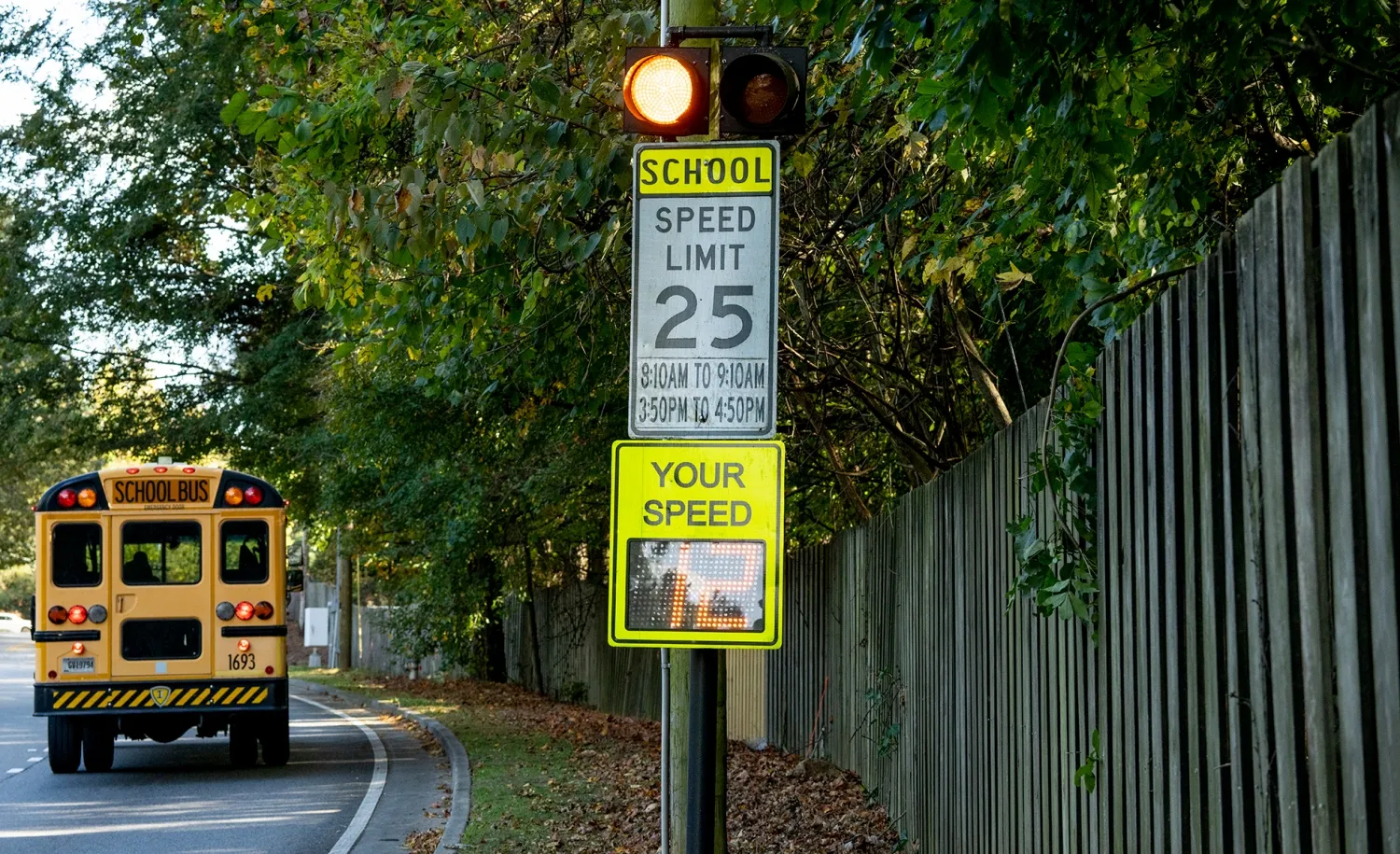In an effort to reduce pedestrian accidents in the city, the Board of Road and Greenery of Gdansk in northern Poland has installed number of intelligent pedestrian crossings in the Zaspa and Przymorze districts. Talking devices have been installed at tram crossings and use induction loops installed in the tracks to detect trams and warn pedestrians, via a voice message, of their approach.
November 21, 2012
Read time: 1 min
In an effort to reduce pedestrian accidents in the city, the Board of Road and Greenery of Gdansk in northern Poland has installed number of intelligent pedestrian crossings in the Zaspa and Przymorze districts.
Talking devices have been installed at tram crossings and use induction loops installed in the tracks to detect trams and warn pedestrians, via a voice message, of their approach.
Traffic signals with time counters have also been installed on one pedestrian crossing as an experiment. These count down the time to the green crossing signal for pedestrians and are designed to encourage them to wait for the signal to cross, rather than taking a risk. Similar solutions are used in some European countries, and, according to studies, they have significantly decreased the number of accidents involving pedestrians.
Talking devices have been installed at tram crossings and use induction loops installed in the tracks to detect trams and warn pedestrians, via a voice message, of their approach.
Traffic signals with time counters have also been installed on one pedestrian crossing as an experiment. These count down the time to the green crossing signal for pedestrians and are designed to encourage them to wait for the signal to cross, rather than taking a risk. Similar solutions are used in some European countries, and, according to studies, they have significantly decreased the number of accidents involving pedestrians.










